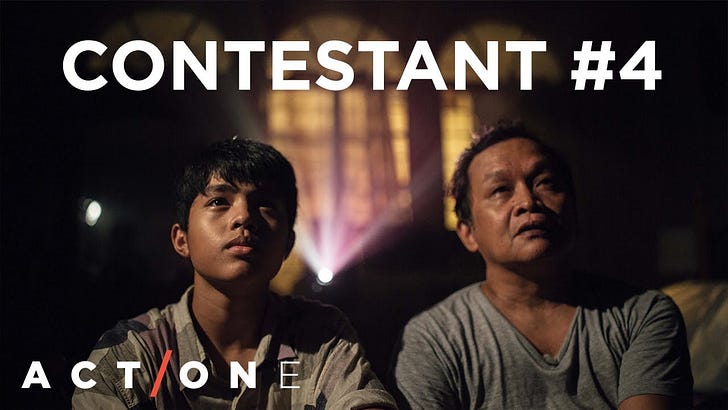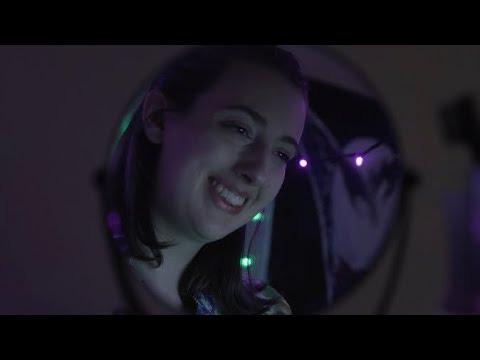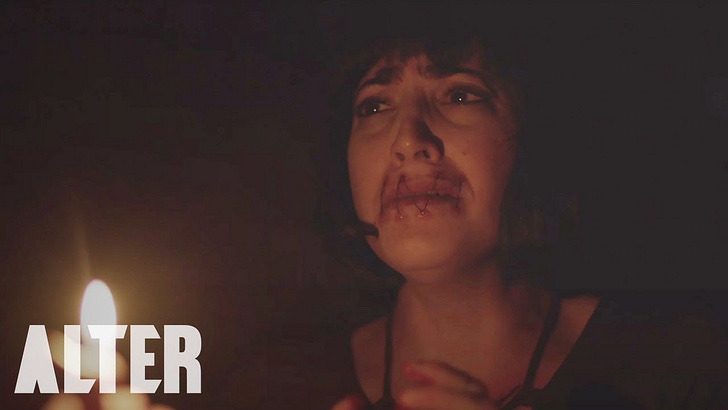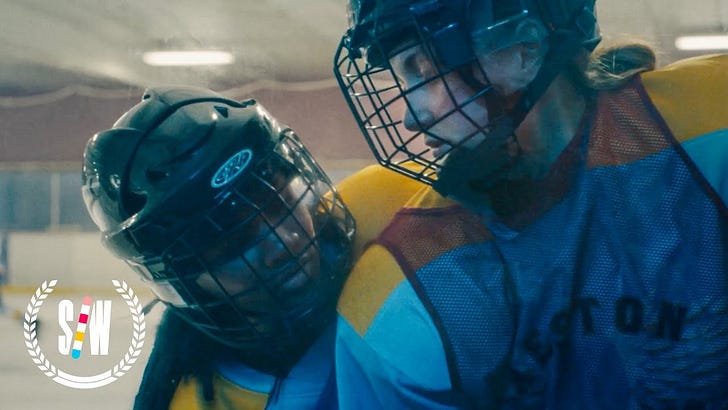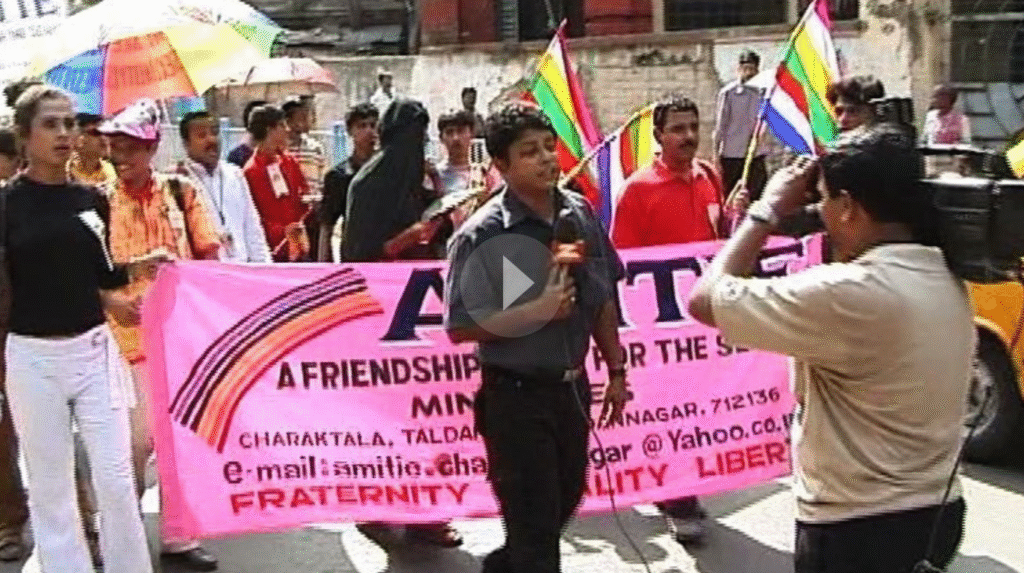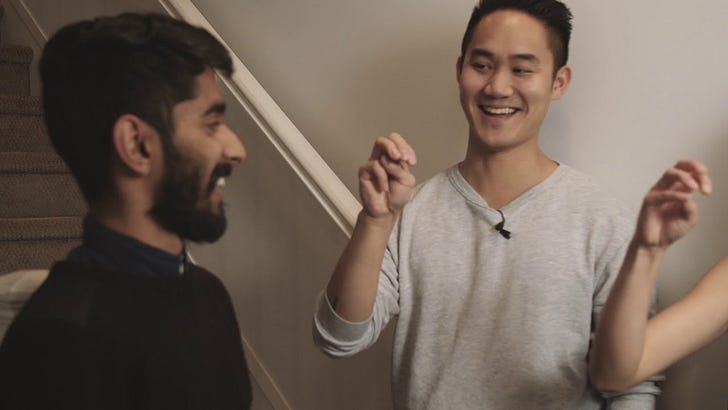Three queer short films continue fighting for a free Palestine
Today marks a month from Hamas’s attack on Israel, and Israel’s genocidal response that has escalated the already-unjust violence Israel perpetrates through occupation of Palestine. In that month, Israel’s occupation and bombardment of Palestine has only become more horrific. As of today, over 10,000 Palestinians have been killed – over 4,200 of them children – and nearly 26,000 wounded in Gaza, and at least 163 Palestinians have been killed in the occupied West Bank and Jerusalem.
And those are only the numbers of confirmed deaths from direct combat violence. Over a thousand people are expected to be under the rubble of Israeli’s indiscriminate and relentless bombarding of Gaza. There are also, undoubtedly, countless deaths from starvation, disease, thirst, and medical neglect, as Israel has continued to target hospitals and health care facilities, bakeries, homes, refugee camps, schools, UN refugee shelters, fishing boats, and more in Gaza, as well as beginning a ground invasion. Almost 70% of the Gazan population is internally displaced, many of them moving south under Israeli orders to “safe zones”…where Israel has continued to bomb them. Israel has also targeted journalists and their families with their air strikes. All of this is unconscionable, and yet, the U.S. and most western states will not call for a ceasefire, let alone for the end of Israeli occupation.
I spend most of my time these days thinking and reading and crying over what’s happening in Palestine. It’s unbearable. But I also refuse to lose hope, because Palestinians deserve our hope for them right now. They have never wavered in their convictions that Palestine will be free, and neither should we.
This week will be the last (for now) of films that are Palestine-themed in some way – the first film is about a queer Palestinian character, and the second two, like last week’s selections, are from the 2021 Queer Cinema for Palestine Festival, a global film festival that stands in solidarity with Palestine, where the filmmakers showing their work (along with hundreds of other queer filmmakers around the world) have pledged to boycott the Israel-government sponsored LGBT film festival TLVFest, which is part of larger efforts to pinkwash Israeli apartheid. (Sign up for updates about their upcoming 2023 festival here.) I would love to continue showing queer Palestinian films, but I’ve unfortunately run out of films at the moment that I can find online with English subtitles. I will certainly keep looking – this week’s first film was an unexpected surprise that I had missed. However, I am going to continue using this space to speak out against Israel and for Palestine, even if the films in future weeks don’t directly relate.
In past newsletters I’ve given a list of things you can do like donating or learning more about the fight for Palestinian liberation. Those are still there for you to check out if you need, but folks in Palestine have affirmed that what they really need right now is for us to fight for political change. Donations aren’t getting into Gaza, so what we really need to be doing is joining protests and direct actions, and demanding that our local leaders support Palestine – not only for a ceasefire and aid supplies, but also an end to arming Israel (if your country does so) and to Israeli occupation of Palestine. Samidoun has a calendar of resistance events across the world – please do check it out and do what you can to fight for change.
You can find content notes for the films at the very end of the post. Also, I include pronouns for people mentioned when I can find them explicitly stated. When I cannot, I either use what I see being used for them in articles about them, or I just use their names.

“Did you ever cry in your sleep?”
Jours de Rage | أيام الغضب | Days of Rage, written and directed by Eli Jean Tahchi, is a film about loss: loss of a homeland, loss of power, and loss of loved ones. Walid (played by Tahchi himself) was raised in Quebec by his uncle Jamal (Henry Wahbe) after the death of Walid’s father, a Palestinian freedom fighter. In 2018, U.S. President Donald Trump moves the American embassy in Israel from Tel Aviv to Jerusalem, discarding decades of U.S. policy that recognized Jerusalem as belonging to both Palestinians and Israelis. That, combined with Jamal’s recent medical diagnosis, sets off a crisis for Walid that disturbs his relationship with his girlfriend Lucie (Eve Gadouas) and throws him into contact with Patrick (Pierre-François Bouffard), a man he meets at a movement class Lucie teaches.
Jours de Rage | أيام الغضب | Days of Rage is painful to watch on multiple levels; on my most recent rewatch, the piece that was hardest to sit with is the grief Jamal experiences over leaving Palestine and losing his brother, coupled with not having a place for his anger and heartbreak to live as he watches others protest against Trump’s actions. That grief is mirrored by Walid, who does find a place to put his feelings, but that only seems to cause him more pain and confusion. The film doesn’t give us any easy outs or endings, which seems only appropriate, given that the same outrage and sorrow I felt first watching the film has only grown when I think about what Israel is doing to Palestinians today.
Jours de Rage | أيام الغضب | Days of Rage
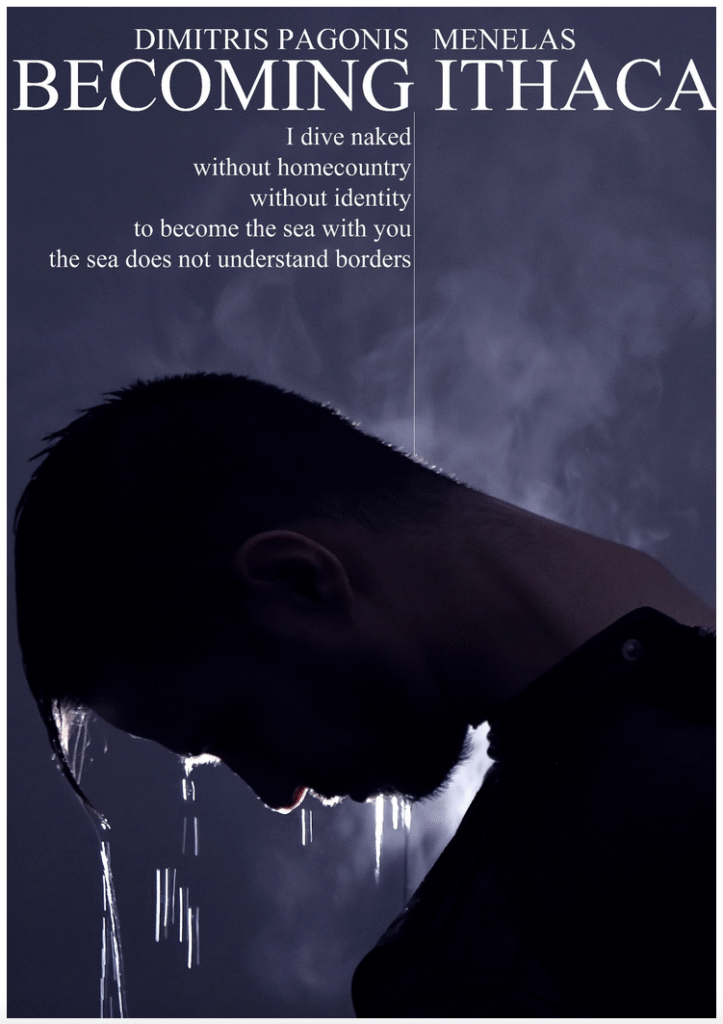
“I give you the kiss of life.”
Becoming Ithaca, written by Dimitris Pagonis (he/him) and directed by Pagonis and Menelas, is a visual poem performed by Pagonis about seeking refuge across the sea. The poem is a continuation of a piece originally performed live in Athens, Greece (where both Pagonis and Menelas are based) at the Civil Disobedience queer festival in 2020, and then the film was part of a group exhibition called “News from Nowhere” for Refugee Week 2021 at the Socially Engaged Art Salon SEAS) in the United Kingdom. The description for the visual poem reads, “The ‘Becoming Ithaca’ performance was comprised of three parts. The islander who dresses up in national costume to attract tourists. The soldier defending his island from immigrants. And finally, the man stripped down to his humanity, who inspired the poem.”
Becoming Ithaca

마더 인 로 | Mother-in-Law, written and directed by Shin Seung Eun, introduces us to Choi Min Jin (Son Soo Hyun), a college student who is relaxing at home and about to make herself a quick dinner when she receives an unexpected visitor: Hyeong Suk (Ahn Min Young), the mother of Min Jin’s girlfriend Hyeong Seo, who has come to deliver her daughter some kimchi. Min Jin is forced to navigate a tricky and uncomfortable situation since Hyeong Seo is out with friends, and Hyeong Suk has no idea that her daughter is dating a woman. But she and Hyeong Suk begin to warm up to each other over the course of the evening – until Hyeong Seo returns.
마더 인 로 | Mother-in-Law was actually one of the first queer short films that I watched when I started on this project just about a year ago, but I hadn’t found a theme to include it with until now. While I could not find much information in English about creator Shin Seung Eun or the making of the film, I was very pleased to see that it was withdrawn from the Israeli government-sponsored queer film festival TLVFest and instead aired in solidarity with Palestine.
마더 인 로 | Mother-in-Law

